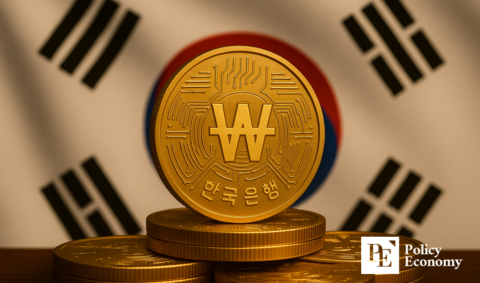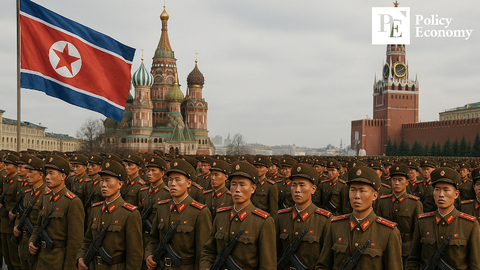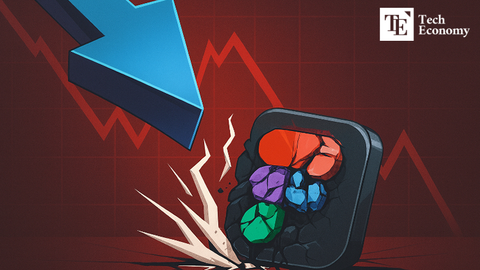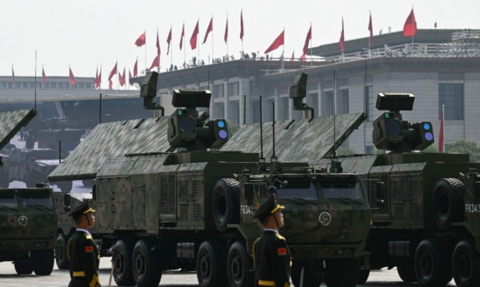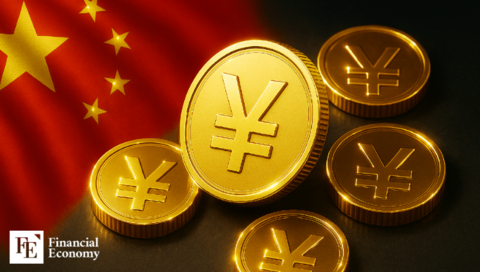Tenfold Land Costs and Legal Uncertainty Expose the Reality Behind Lotte’s Failed Vietnam New Urban Project
Input
Changed
Deemed “Unsustainable” After Seven Years
Opaque Land Laws and Rapid Policy Shifts
The Risks of Vietnam’s “Rubber-Band Land Regime”
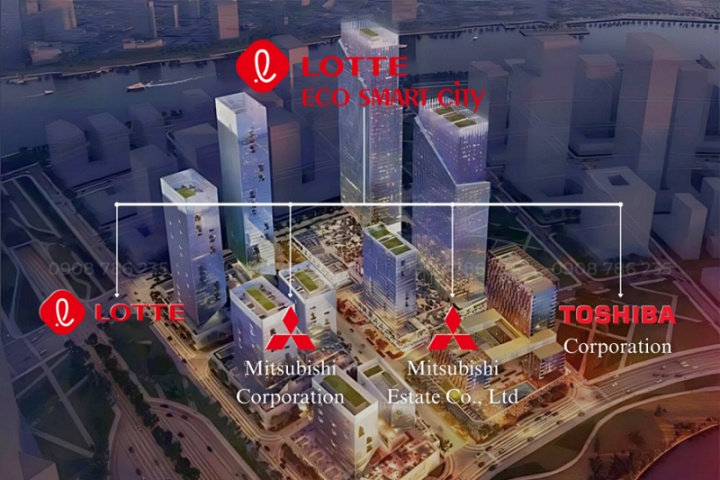
Lotte Group has formally withdrawn from a flagship mega-project in Ho Chi Minh City’s Thu Thiem New Urban Area, requesting termination of its development contract. The decision marks a dramatic reversal after the group signed its initial agreement in 2017 and even held a groundbreaking ceremony. Land-use fees, which soared nearly tenfold from early estimates, devastated the long-term economics of the project. Observers warn that institutional barriers imposed by Vietnamese authorities not only discourage foreign investment but also obstruct companies from recovering losses once they occur.
Losses Accepted Amid Group-Wide Struggles
According to multiple Vietnamese media outlets, on July 20 Lotte notified the Ho Chi Minh City People’s Committee of its decision to halt construction of the “Lotte Eco Smart City” complex and return the allotted land. Signed in 2017, the project covered about 74,513 square meters, with plans for a massive mixed-use development including hotels, malls, offices, and residences. Estimated investment totaled about $790 million, and Chairman Shin Dong-bin underscored the project’s importance by selecting Vietnam as his first overseas visit after receiving a presidential pardon in 2022.
But work never advanced beyond fencing and basic groundwork. Ultimately, Lotte formally requested contract termination after land-use fees ballooned. The company had initially projected costs of roughly $74 million, but in July Ho Chi Minh City finalized a fee of about $635 million. Additional amendments to tax and rental laws further pushed the total project cost from around $1 billion to over $2.6 billion. Lotte proposed staggered payments and sought external investors, but local authorities insisted on full upfront payment, scuttling negotiations.
In its withdrawal notice, Lotte cited administrative delays and cost overruns as key reasons for the exit. Nearly eight years had passed since initial approval, yet key permits remained stalled, leaving the site idle. Lotte’s local subsidiary, Lotte Properties HCMC, maintained minimal staff and assets but little visible progress occurred beyond fencing. The company has now decided to return the land and liquidate the subsidiary, with four Lotte affiliates also set to recover their contributions.
Analysts believe the decision also reflects group-wide pressures. With major affiliates struggling financially, sustaining an uncertain, high-cost overseas real estate project was untenable. While Lotte previously suffered rapid retrenchment after exiting China, industry consensus is that accepting losses and cutting exposure early is ultimately a more prudent strategy.
Risks for Foreign Firms Across Southeast Asia
Lotte’s exit is widely viewed not as an isolated corporate failure but as a warning for all foreign investors in Southeast Asia. With governments across the region seeking to bolster municipal revenues, foreign companies face mounting cost pressures. Vietnam in particular has turned aggressively to land-use fees as a revenue source. Ho Chi Minh City this year set a revenue target of 86.3 trillion dong (about $3.2 billion) from land auctions and new site tenders.
Vietnam’s revised land and property laws further heighten uncertainty. Amendments to the Land Law, Real Estate Business Law, and Housing Law that took effect in August last year expanded the definition of foreign-invested enterprises but also tightened regulation. While industrial land sales were liberalized, land-use fees are now subject to adjustment every five years, making long-term investment costs harder to predict. Investors must now weigh the risk of sudden cost spikes.
Though some reforms expanded collateral rights and clarified project transfers, foreign investors remain excluded from key provisions. For instance, collateral rights were broadened only for domestic companies and individuals, not foreign entities. Extensions of land-use periods are contingent on strict conditions and left largely to the discretion of local governments.
Vietnam’s fiscal push has thus evolved into a framework of greater state control over foreign businesses. While framed domestically as a path to economic performance and revenue growth, foreign firms see only heavier burdens and greater uncertainty. Lotte’s withdrawal underscores that other international investors in Southeast Asia could face similar pressures at any time.
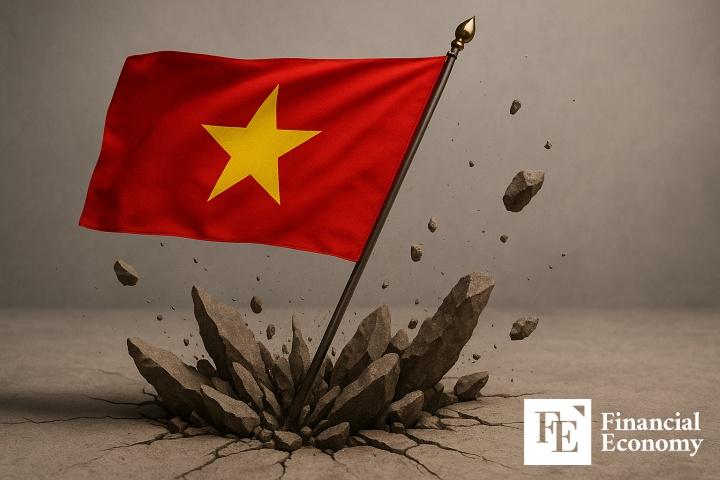
“Investment and Job Creation” Argument No Longer Works
Vietnam’s socialist land regime, under which all land is state-owned, magnifies risks. Foreign firms cannot own land outright, only lease usage rights from the government. Fees are subject to periodic adjustment, giving authorities wide latitude to alter costs. Lotte’s experience—where the final bill approached ten times the initial agreement—illustrates the volatility.
Changes to payment methods add another layer of unpredictability. Under the amended law, most users must now pay annually rather than in lump sums, with few exceptions. Fees are re-set every five years, virtually guaranteeing periodic increases. If government notices are delayed, new rules even allow penalties to be levied against the tenant—leaving firms vulnerable to extra costs for delays beyond their control.
Such mechanisms go beyond administrative burden, posing direct threats to business continuity. The argument that foreign firms boost local economies through investment and job creation no longer shields them. Instead, firms often face concentrated tax and fee burdens at the point of exit, making it difficult to recover initial outlays. Even Vietnam’s Ministry of Finance has acknowledged the distortions and signaled potential reforms, but stability remains a distant prospect.
The situation resembles patterns once seen in China: governments initially offering land cheaply, then levying punitive taxes when firms exit or sell properties, effectively trapping capital. Many foreign companies in China ended up abandoning factories and assets outright. Vietnam’s revised land regime appears to echo this model, with flexible, state-controlled pricing. For Lotte, the decision marks not only the collapse of a marquee project but also a broader warning: Vietnam’s growth model carries structural risks that foreign investors can no longer ignore.

